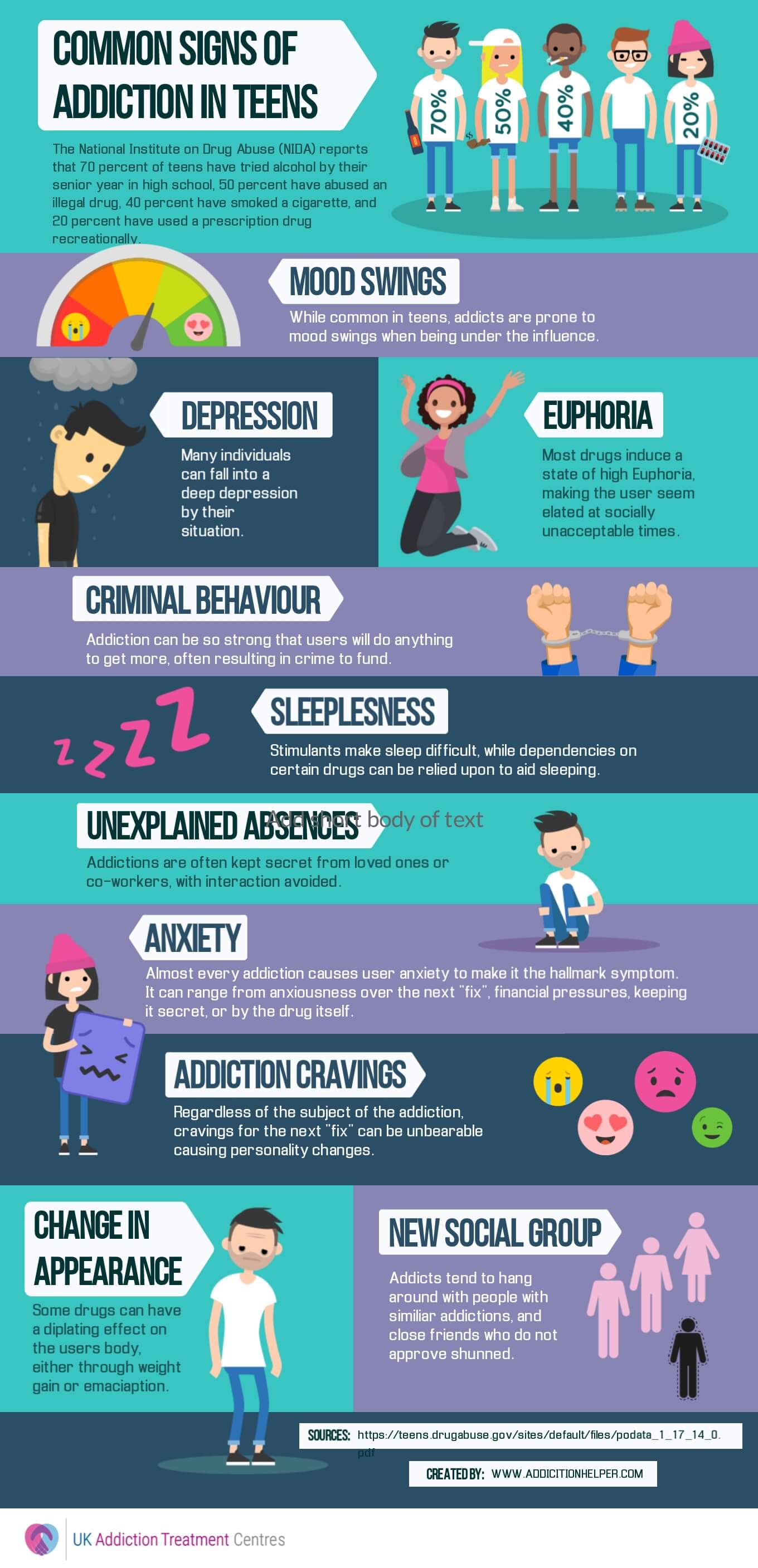Learn How To Develop A Solid Aftercare Plan After Drug Rehabilitation And Achieve Long-Lasting Success
Learn How To Develop A Solid Aftercare Plan After Drug Rehabilitation And Achieve Long-Lasting Success
Blog Article
Posted By-Hjort Mack
You've finished drug rehab, and currently it's time to develop a successful aftercare strategy to ensure your long-term recuperation.
Picture this: you're a person figured out to stay tidy and construct a satisfying life. https://www.nytimes.com/2022/04/07/well/mind/melatonin-antihistamine-sleep-aids.html will certainly assist you through recognizing continuous support systems, integrating therapy and counseling, and establishing healthy and balanced coping systems.
With these methods, you'll be geared up to grow in your journey of sobriety.
Allow's get going.
Identifying Ongoing Support Equipments
You need to determine a minimum of 3 recurring support systems to make certain an effective recuperation after drug rehabilitation.
The initial support system is your friends and family. They can provide emotional support, inspiration, and aid you remain answerable. They can also provide a safe and understanding atmosphere where you can share your struggles and success.
The 2nd support system is your therapist or therapist. They can help you resolve any underlying problems that may have added to your dependency and give support on exactly how to prevent regression. They can likewise teach you coping devices and healthy ways to manage anxiety.
The third support system is a support group or a sober community. Being surrounded by others that are going through comparable experiences can be incredibly useful. They can give a feeling of belonging, understanding, and offer important guidance and support.
Incorporating Therapy and Therapy
To accomplish an effective recovery, it's important for you to proactively join therapy and therapy sessions, along with incorporate them into your recurring support group. By doing so, you can make the most of the benefits of these treatment modalities and raise your opportunities of keeping long-lasting soberness.
Below are some key reasons why incorporating therapy and therapy into your aftercare plan is important:
- ** Emotional Support: ** Treatment and therapy give a secure space for you to reveal your ideas, feelings, and has a hard time pertaining to your dependency. It allows you to overcome any kind of unresolved issues and establish healthy coping systems.
- ** Relapse Prevention: ** These sessions outfit you with the necessary devices and techniques to prevent relapse. They help you identify triggers, establish coping abilities, and develop a solid structure for handling food cravings and anxiety.
- ** Individual Development: ** Therapy and therapy help with personal growth and self-discovery. They aid you gain understanding into the underlying reasons for your addiction, improve self-worth, and create healthier connections.
Developing Healthy Coping Mechanisms
Throughout therapy and therapy sessions, it's essential to actively work on creating healthy and balanced coping mechanisms in order to properly manage tension and obstacles.
https://writeablog.net/elwood912micki/the-reality-about-drug-rehab-debunking-myths-and-supplying-facts-to-break need to recognize and recognize your triggers, those things that trigger you distress or stress and anxiety. By acknowledging these triggers, you can create methods to handle them in a healthy and balanced way. This may include exercising deep breathing exercises, taking part in physical activity, or finding an innovative outlet to express your feelings.
It is very important to likewise border on your own with a solid support group of family and friends who can offer motivation and support.
Additionally, self-care tasks such as obtaining sufficient sleep, consuming well, and practicing relaxation techniques can significantly add to your overall well-being.
Final thought
In the journey towards healing, creating an effective aftercare plan resembles often tending to a delicate garden. Just as a garden enthusiast supports each plant with care and interest, so also must one cultivate recurring support systems, incorporate treatment and therapy, and establish healthy and balanced coping devices.
By doing so, the seeds of healing will blossom into a prospering yard, supplying a solid foundation for a brighter, drug-free future.
